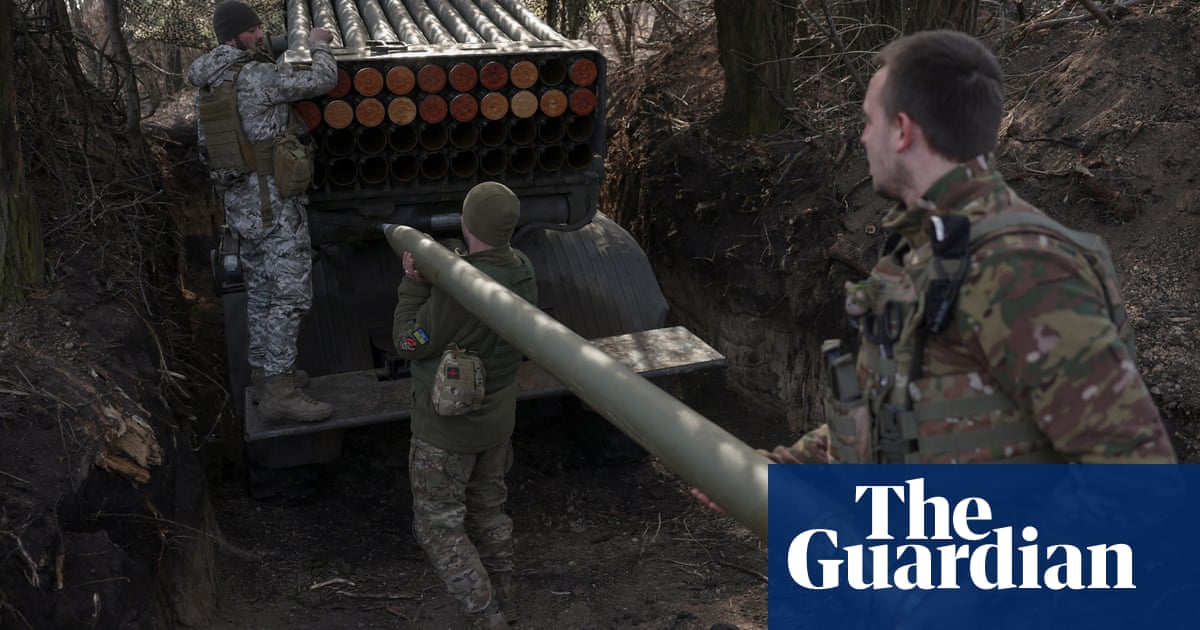
Ukrainian Forces Regain Ground as Conflict Persists
Ukrainian troops have successfully reclaimed a strategic village in eastern Ukraine, indicating a potential slowdown in Russia’s military push. This development comes as Ukrainian President Volodymyr Zelenskyy reiterated his appeal for an end to hostilities, advocating for "a just and lasting peace."
On Sunday, Ukrainian forces regained control of the village of Pischane, located southwest of Pokrovsk, according to military reports. Russian forces had made significant advancements in the region in December and January, capturing numerous settlements and posing a threat to cut off Pokrovsk entirely.
However, since the beginning of this month, Russian progress has encountered significant obstacles. Observers note that Ukrainian drones have gained air superiority and are systematically targeting Russian armored vehicles. Reports suggest that Russian troops face critical challenges, including treacherous 10-kilometer pedestrian journeys, with many not surviving the journey.
The high casualty rates among Russian soldiers have adversely impacted the morale of frontline units. Harsh winter conditions and a lack of foliage have provided Ukrainian defenders with advantageous conditions to target enemy infantry before they reach the front lines.
At the Munich Security Conference, Zelenskyy acknowledged that the military situation in the area around Pokrovsk had seen a positive shift. The recapture of Pischane strengthens Ukraine’s argument that Moscow’s ultimate victory is not guaranteed, especially with adequate Western support potentially allowing for the reclaiming of territory. Ukrainian forces have also launched counterattacks near the adjacent village of Kotlyne.
The cost of Russian military gains has been steep. Major Viktor Trehubov, a spokesperson for Ukraine’s eastern ground forces, reported that January saw approximately 7,000 Russian fatalities in the struggle for Pokrovsk, with around 15,000 others either wounded or unaccounted for.
Zelenskyy warned that the Kremlin appears poised to escalate its aggression in Ukraine and potentially target NATO. In an interview with NBC, he expressed concern that a withdrawal of U.S. military presence from Europe could embolden Russian President Vladimir Putin.
“We are concerned that Putin may initiate hostilities against NATO,” Zelenskyy stated. He emphasized the importance of not trusting the Russian leader under any circumstances while acknowledging that former President Donald Trump may still have influence to prompt negotiations.
The Ukrainian president suggested that Putin’s intentions do not lean toward securing a genuine peace agreement but rather maintaining conflict as a means of consolidating power. He reported that in the past week, Russia had launched nearly 1,220 aerial bombs, over 850 drone strikes, and 40 missiles against Ukraine.
In a direct appeal for international assistance, Zelenskyy stated, “Ukraine is protecting itself…yet we urgently need additional air defense systems to safeguard the lives of our citizens.” He called for Europe and the global community to enhance their defense capabilities against such threats.
Moreover, he underscored the necessity for a firm, coordinated foreign policy to pressure Putin, who initiated this conflict and is now attempting to broaden it. “Together with Europe, the United States, and all our allies, we can bring an end to this war with a fair and enduring peace,” he asserted.
In a related development, Ukrainian officials confirmed Zelenskyy’s remarks indicating a lack of transparency regarding discussions surrounding a potential summit involving Putin and Trump. “I have heard of reports about a meeting in Saudi Arabia, but we are not informed about it,” he stated.
This week, high-level delegations from Russia and the U.S. are set to engage in talks in Saudi Arabia, while European leaders will gather in Paris to address Trump’s reported strategy regarding the division of Ukraine and the preservation of Russia’s territorial gains in what has been termed an emergency summit chaired by French President Emmanuel Macron.
Mykhailo Podolyak, an advisor to Zelenskyy, made it clear that Ukraine would not participate in the Riyadh talks, arguing there was nothing on the negotiation table worthy of discussion, stressing that “Russia is not prepared for negotiations.”
In a visit to the United Arab Emirates, Zelenskyy prioritized discussions aimed at facilitating the repatriation of Ukrainians held captive. He also mentioned the potential for investment discussions.
The UAE has played a crucial role in facilitating the return of Ukrainians, particularly children deported during the hostilities that have persisted for nearly three years.
Meanwhile, the Kremlin has intensified its winter airstrikes targeting Ukraine’s energy infrastructure. On Saturday, several Shahed drones struck a thermal power plant in Mykolaiv, following an attack on the concrete shelter of the Chernobyl nuclear facility.
According to local authorities, the power plant sustained significant damage. Mayor Oleksandr Senkevych remarked that these strikes were deliberately aimed at depriving residents of heating during freezing temperatures, risking a humanitarian crisis with over 100,000 people left without heat.









